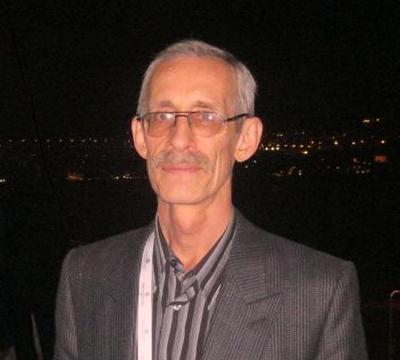In a taunt to Russia, US Secretary of State Hillary Clinton suggested Russia and NATO could work on a joint missile defence system. Kosachyov was not amused. "Unfortunately, I know nothing about NATO's missile defence system," he said irritably. "I know a lot about the US missile defence system, but nothing about NATO's system."
It's a crucial victory for the Nobel laureate, who convenes a 40-nation nuclear security summit in Washington on 12 April. For Obama, "not to sign a treaty before going into the Washington conference would be a huge blow to his credibility," said Oksana Antonenko, a political analyst at the International Institute for Strategic Studies. This pressure accounts for the minor concessions the US made to the Russians during the past few months.
Medvedev also needs something to show off in the run-up to 2012 Russian presidential elections. Despite misgivings, the Kremlin appears to have thrown in the towel and take whatever concessions it could squeeze out of an eager Obama before it was too late -- basically, some face-saving "m d" words and a less intrusive inspection mechanism. There is no doubt that that is the logic at work, considering 73 per cent of Russians, in a recent poll, view Washington as "an aggressor seeking to establish control over all countries", with Russian political leaders certainly part of that majority. For the rest of us, at least it provides some much-needed encouragement to the NTP.
The treaty in itself is not much of a step forwards. It doesn't address the underlying divergence in US and Russian nuclear strategies. "We face a very different strategic landscape from that in which previous arms control accords were negotiated," says Alexander Konovalov, president of the Institute for Strategic Assessments in Moscow. "America needs nuclear weapons less and less, because it is shifting its focus toward high-precision conventional weapons of both defensive and offensive types. Russia, on the other hand, depends increasingly upon its nuclear deterrent as the bedrock of our national security."
Russian security experts fondly recall that Cold War-era arms control began with the 1972 Anti-Ballistic Missile Treaty, which curtailed further work on defensive weapons. The logic of the subsequent SALT and START agreements was based on the certainty that neither side could defend itself from a nuclear attack and therefore had no choice but to negotiate controls on offensive weapons. But president George W Bush radically altered the strategic landscape by unilaterally pulling out of the ABM treaty in 2001.
In response to current US military aggression, Russia recently altered its military doctrine to lower the threshold for use of nuclear weapons. Experts say this growing reliance on nuclear forces suggests that the Russian military might resist further cuts, even though Medvedev has publically signed on with Obama's campaign to abolish nuclear weapons entirely.
The dilemma for the Russians is that they really have no need for these expensive, ageing albatrosses except as something to brandish at the US as it marches hither and yon, threatening and invading countries at will, and would be glad to see the end of them, if for very different reasons than the Pentagon, which has a bottomless pit of US dollars and, as Konovalov worries, is busy developing more precise toys.
The lurking fear among the Russians is that this treaty will be perceived as a sign of their weakness, encouraging further US arrogance. "It's always wonderful to see friendly handshakes all around," says RIA-Novosti's Pyotr Romanov. "But for those of us who remember the late cold-war era, when Gorbachev made concessions to meet American interests in order to break the ice, there's a wait-and-see feeling about this."
(Note: You can view every article as one long page if you sign up as an Advocate Member, or higher).





